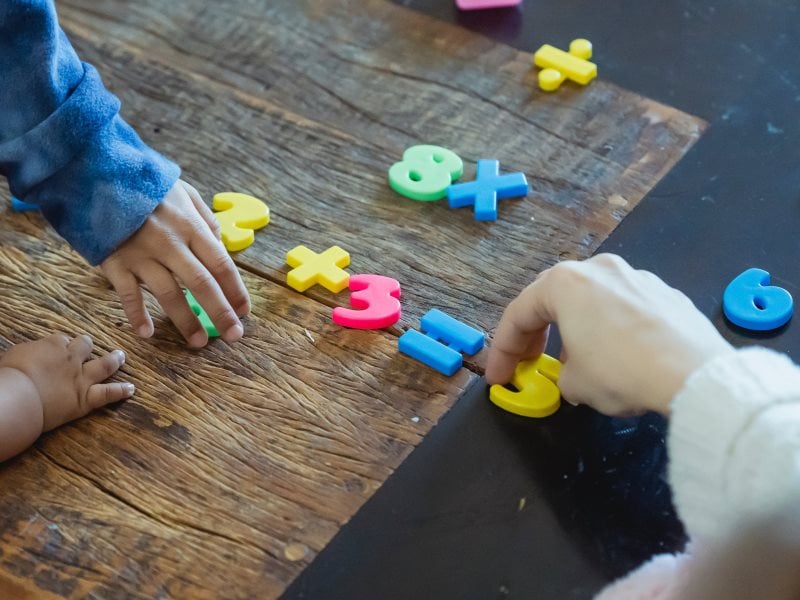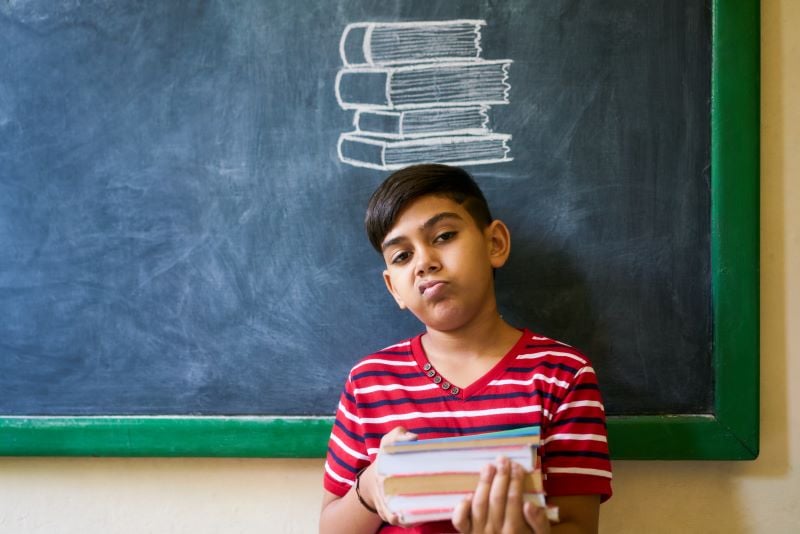Your child has made it past the big transition of first grade and is now well on their way on their academic career. They are learning to navigate the classroom and their friendships as things get more complex and challenging. However, not all of those challenges are likely to go smoothly. Your child can encounter struggles in many different areas, so it’s good to check in with them to make sure you can help when they need it.
 Problems Your Second Grader May Have
Problems Your Second Grader May Have
One of the biggest problems that tends to come up in second grade is reading challenges. By the end of first grade, your child should have become a fluent reader who can understand the intent of words and paragraphs. If they are not fluent readers by the time they enter second grade, they may need extra help with their reading.
In terms of writing, a second grader should have mastered printing their own name as well as printing and spelling their list of core words from first grade. Penmanship aside, your child should be able to write these things legibly.
Their math skills should have also expanded so they can count by 2s, 5s, and 10s. They should have also memorized addition and subtraction problems with sums up to 10. You will likely notice if they are having any of these academic struggles based on their grades or feedback from their teacher.
Their relationships have also gotten more complicated by second grade. Your child should have learned how to be a participating member of a group. Also, they are likely more easily influenced by their friends and may be having trouble with peer pressure or even bullying. If your child is more withdrawn or reluctant to go to school each day, that may be a sign they are having a hard time socially.
How to Help
There are several ways you can check in and help your child when they’re struggling in school or with friends.
- Talk to your child about their feelings. Second grade can bring a lot of new anxieties for your child, socially and academically. Simply talking to your child about their worries and reassuring them can be a big help.
- Encourage them to be independent. Your child needs to learn to self-direct their learning and take responsibility for their work. Make sure they have a quiet place to do homework free of distractions. Don’t correct their work; instead, guide them by asking questions prompting them to think about the problems on their own.
- Look out for signs of learning differences. Things like poor hand-eye coordination, confusing left and right, getting frustrated often, and not understanding how to respond to people can be signs of learning challenges. If you notice these, it’s a good idea to visit the doctor with your concerns.
- Enroll in Math Genie. Whether your child is struggling math, reading or with social situations, enrolling in Math Genie is a great solution. Not only can they help with whatever academic struggles your child is having, they help to build confidence. The program is fun and engaging, with plenty of opportunities to make connections with peers.
Of course, every child learns and grows at their own pace. The most important thing is to love and appreciate who your child is as an individual. Whether they’re struggling or not, second grade can be hard, and your support can make all the difference.
Genie Academy provides a range of after-school educational programs, including mathematics, reading, writing, and coding. These programs are accessible in several locations across New Jersey, including Plainsboro, and are specifically developed for students from Pre-Kindergarten to 8th grade.
Sources: https://www.verywellfamily.com/signs-of-trouble-in-second-grade-620951





